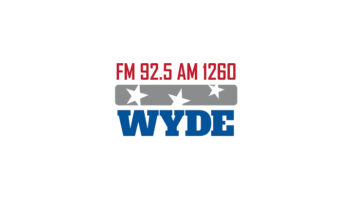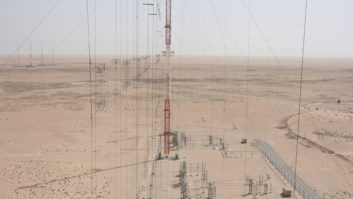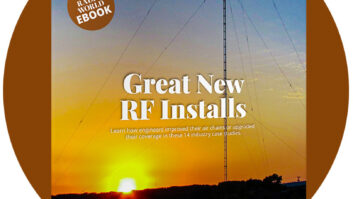ONLINE FILES, PROS AND CONS

Mr. Hayes makes a good argument to end public files. They lack relevance; much is redundant or available elsewhere; and they are burdensome (“Why Do We Need Public Files, Anyway?,” Feb. 11).
There is a flip side to the argument. I have looked at more public files since TV went to the Internet than ever before. Frankly, it is burdensome to go to the station or its lawyer/designated repository; and it’s a little daunting, like buying birth control in a big box store.
With curiosity as my main driver, it was hard to ask for the file or quickly gain the trust or respect of the keeper, understandably looking down their nose with unspoken defensive inquisitiveness. The file often was in poor shape and, dare I say, strewn about. I don’t think I was ever asked to sign the sheet, nor did I ask for a copy of anything.
Personally, I think it is a good thing to have the public file easily anonymously and universally available. The broadcast contract is public spectrum in return for serving the public interest.
Admittedly, a station that is programmed from an out-of-state server — and offering endless hours of a highly distributed and long ago exhausted buffoon of broadcasting dreaming up the next conspiracy — probably is irrelevant. Maybe even too irrelevant to deserve a license.
Maybe it’s not about maintaining the file. Maybe it’s about gathering the community information, and even if it’s just the secretary or the engineer committing it to print, the thought process required certainly doesn’t hurt. Maybe the owners and management will occasionally even look at their public file, if it’s online.
Fred Baumgartner
Elizabeth, Colo.
CATALOG MEMORABILIA
Enjoyed Mr. Angelo’s column (“Preserve Radio History, Together,” March 1 issue). His organization is a great example of how to preserve radio history at the local level.
As we begin collecting memorabilia and artifacts of Georgia radio history, we hear story after story about corporate takeovers and the destruction of items at stations all over the state. An engineer recently told me that, when one of the big companies bought the station he worked for, they filled dumpsters with anything from the station’s history. He rescued many priceless pieces of history and has entrusted them to us to preserve. We work closely with Georgia State University to preserve the history of radio broadcasting in Georgia.
What you don’t see on our Web pages are the hundreds of documents and items being catalogued and preserved. They are, and will be, available to researchers for the future. I would be happy to talk to any readers interested in starting a preservation effort in their market of state.

John Long
President
The Georgia Radio Museum and Hall of Fame
St. Marys, Ga.
MICS
Responding to the March 1 article “What’s in Your Production Toolbox?”:
I have used the Zoom H4n for over five years. Not willing to give it up, as the stereo mic features and portability are great. I record live bands with or without the internal mics. It features compression settings and SD card and USB for connecting to the outside world. Emmis New York uses them for the street teams to capture listener responses.
Timothy Braddock
Assistant Chief Engineer
Emmis Communications New York
New York












